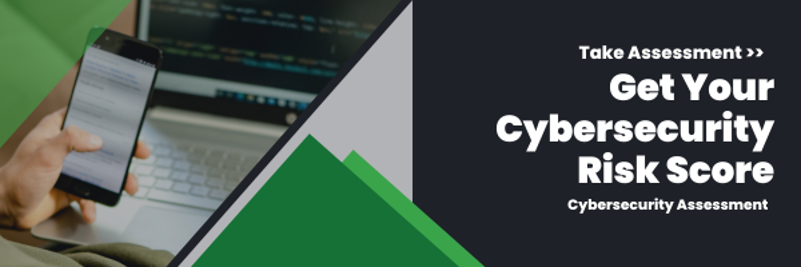Cybersecurity goes beyond the IT department – it’s a shared responsibility across the entire organization. Although firewalls, endpoint protection and cloud security tools play a vital role, human error remains one of the leading causes of security breaches.
That’s why fostering a culture of IT security awareness is more critical than ever.
Let’s explore three fundamental pillars of security awareness every business must instill in its workforce: password hygiene, internal threats and social engineering tactics.
Read: The Importance of Employee Training in Cybersecurity
Password Hygiene Is the First Line of Defense
Despite advancements in multi-factor authentication (MFA), passwords remain a central point for vulnerability in most systems. In fact, 49% of all data breaches involve compromised passwords. Poor password practices, such as reusing passwords or using easily guessable phrases like “password123,” can open the door to devastating breaches.
Instead, consider these strong password policies:
- Create strong, complex passwords for every account. Consider phrases with a combination of upper and lowercase letters, numbers and symbols. Each password should be at least 19 characters, as longer passwords are harder to crack than shorter ones.
- Avoid password reuse across personal and professional accounts. If hackers gain access to one password, they gain access to all accounts with that same password.
- Change passwords at least every three months to prevent hackers from guessing them. And when you do change them, don’t change only one character, like a “4” to a “5.”
- Avoid personal information in your passwords, such as your name, birthday, hobbies and pet or child’s names. Instead, use random words or phrases. Misspelling them, like “eggz” instead of “eggs,” can also increase password protection.
- Never share passwords, and don’t write them down on sticky notes or save them in unsecured files. Instead, utilize a password manager to generate and store passwords securely.
Read: Best Practices for Password Protection Policies
The Enemy Within: Internal Threats
Attacks from outside your organization aren’t the only ones to consider; they can originate from inside your organization. Insider threats, either malicious or negligent, can lead to data breaches and exposed information.
Unauthorized access to sensitive corporate data from inside your company can occur when employees have inappropriate permissions for their jobs. Terminated employees may also still be able to access accounts if not disabled after they leave.
Read: Is Internal Access to Company Data Posing Security Risks?
Unmasking Social Engineering Tactics
Social engineering is the psychological manipulation of people into performing actions or divulging confidential information. These attacks often appear harmless or friendly, making them dangerously effective. At the end of the day, it’s a con game, and in the digital world, it’s more sophisticated than ever.
The most common form of social engineering is phishing. Attackers send fraudulent emails that appear to come from legitimate sources or people from within the workforce. They create a sense of urgency or fear to pressure the recipient into clicking a malicious link, downloading a compromised attachment or revealing sensitive credentials.
Read: Defending Against Social Engineering Attacks
Build a Culture of Cyber Awareness with Thriveon
Security isn’t a one-time checklist item – it’s a culture that includes regular security training, leadership support and a proactive approach to reporting suspicious activity. Technical defenses are only as strong as the people using them. By focusing on the foundational elements of password hygiene, insider threat awareness and social engineering, you can empower your employees to become the strongest line of defense.
At Thriveon, we provide robust cybersecurity services that create an informed and vigilant workforce. A Fractional CIO will help implement a strong line of defense against potential cyber crimes through a comprehensive cybersecurity strategy, ensuring your company and its sensitive data are protected.
Schedule a meeting today for more information.

